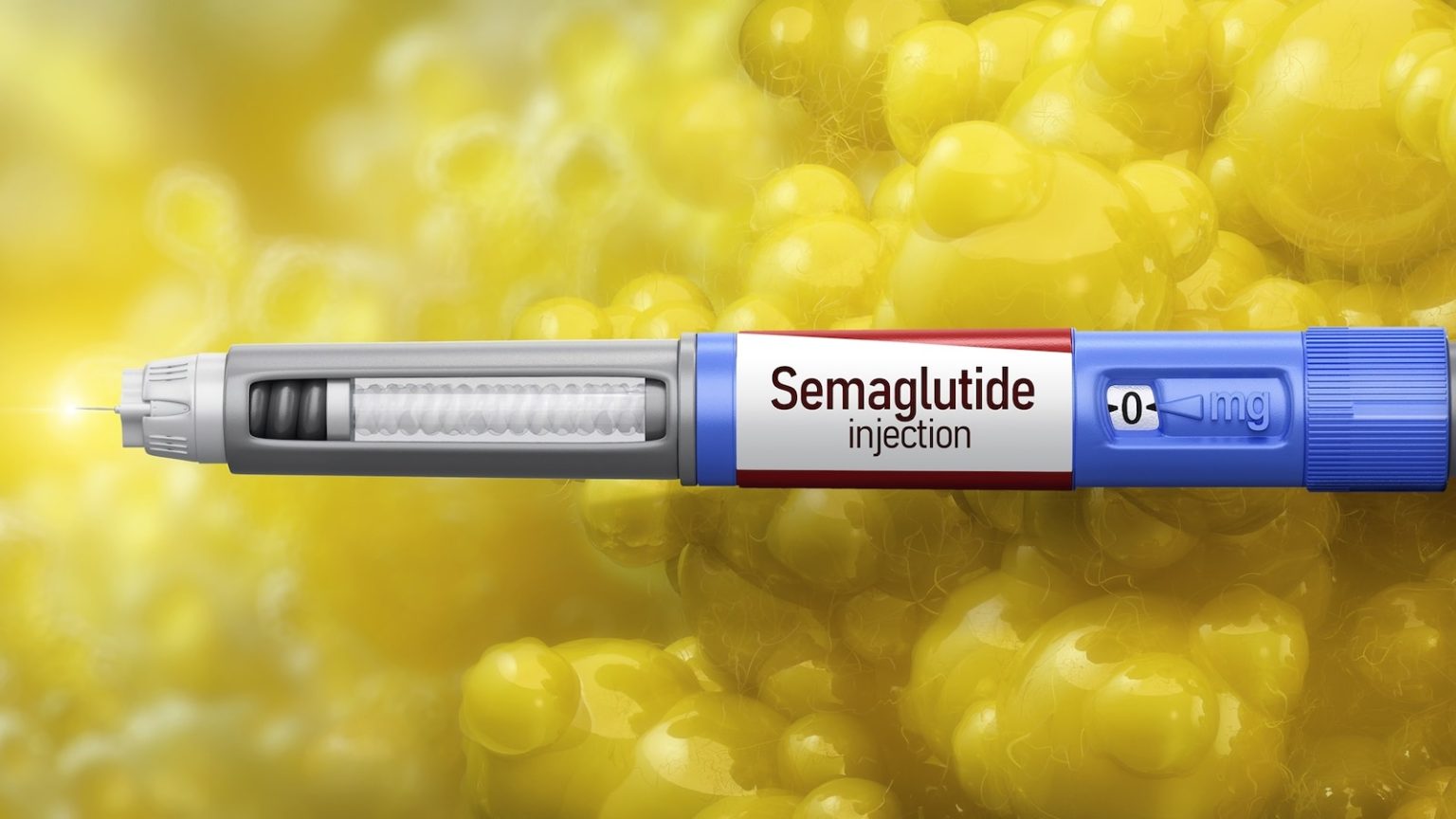Semaglutide: A Promising Breakthrough in Reducing Alcohol Consumption and Addressing Addiction
Introduction to Semaglutide and Its Potential Benefits
Semaglutide, a medication widely recognized for its role in managing diabetes and aiding in weight loss, has emerged as a potential game-changer in the fight against alcohol use disorder. Recent research suggests that this GLP-1 receptor agonist may help individuals drink less alcohol, offering a new avenue for addressing addiction. In a study published in JAMA Psychiatry, researchers explored the effects of semaglutide on alcohol consumption in adults diagnosed with alcohol use disorder. The findings are both intriguing and hopeful, shedding light on how this medication might reshape addiction treatment.
The Study: Design and Key Findings
The study enrolled 48 adults aged 21 to 65 who had been diagnosed with alcohol use disorder but were not actively seeking treatment. Participants were randomly assigned to two groups: one receiving semaglutide and the other receiving no treatment. The dosage of semaglutide started at 0.25 mg per week and gradually increased to 1.0 mg in the final week of the nine-week trial. This dosage is significantly lower than what is typically prescribed for weight loss. Lead author Dr. Christian Hendershot noted that the medication had the most pronounced effects on reducing the quantity of alcohol consumed, particularly in heavy drinking episodes. In a controlled lab setting, participants taking semaglutide drank less alcohol, and they reported fewer binge-drinking episodes and reduced alcohol cravings. However, the study also revealed that the overall number of drinking days and daily alcohol intake did not change significantly outside the lab.
The Science Behind Semaglutide’s Effects on Alcohol Consumption
The exact mechanism by which semaglutide reduces alcohol consumption and cravings is not yet fully understood. One possible explanation is that GLP-1 receptor agonists, like semaglutide, increase feelings of fullness, which could make alcohol less appealing. Previous animal studies suggest that these medications may also influence the brain’s reward system, reducing the desire for substances like alcohol and nicotine. While these findings are promising, it remains unclear whether the same effects hold true in humans. Dr. Stephanie Widmer, an addiction medicine expert, emphasized that more research is needed to understand the underlying biological processes.
Beyond Alcohol: Broader Implications for Addiction Treatment
The study also revealed that semaglutide may have broader effects on addictive behaviors. In a small subgroup of participants who smoked, the medication appeared to reduce cigarette use. This suggests that GLP-1 receptor agonists could potentially play a role in treating multiple forms of addiction, including nicotine dependence. Preclinical studies have shown that these medications can reduce both alcohol intake and nicotine self-administration, but no FDA-approved medications currently exist to treat both alcohol and nicotine dependence. These findings open the door to further exploration of semaglutide’s potential in addressing a range of addictive behaviors.
Additional Benefits and Considerations
In addition to its effects on alcohol consumption, semaglutide also led to a 5% reduction in body weight among participants over the course of the study. While this result aligns with previous research on the medication’s role in weight management, Hendershot cautioned that potential side effects, particularly in individuals with lower BMIs, need to be carefully evaluated. The study also had several limitations, including its small sample size, short duration, and controlled setting, which may not fully reflect real-world drinking behaviors. Moreover, the fact that participants were not actively trying to reduce their alcohol consumption raises questions about the role of motivation in the outcomes.
The Future of Addiction Treatment and the Significance of Semaglutide
The findings of this study are particularly significant given the limited treatment options for alcohol use disorder. According to the National Institutes of Health, only three medications are currently FDA-approved to treat alcohol dependence, and many individuals with the condition never receive any treatment. In 2023 alone, over 2 million people in the U.S. had alcohol use disorder, yet only about 8% received treatment. If semaglutide proves to be a safer and more effective option than existing medications, it could represent a major breakthrough in addiction care. As Dr. Widmer noted, “If semaglutide proves to be a better option than the three FDA-approved drugs that are currently in use, this would be a huge breakthrough for many.” While more research is needed to confirm these results and explore the medication’s long-term effects, the study offers hope for a new era in addiction treatment.















